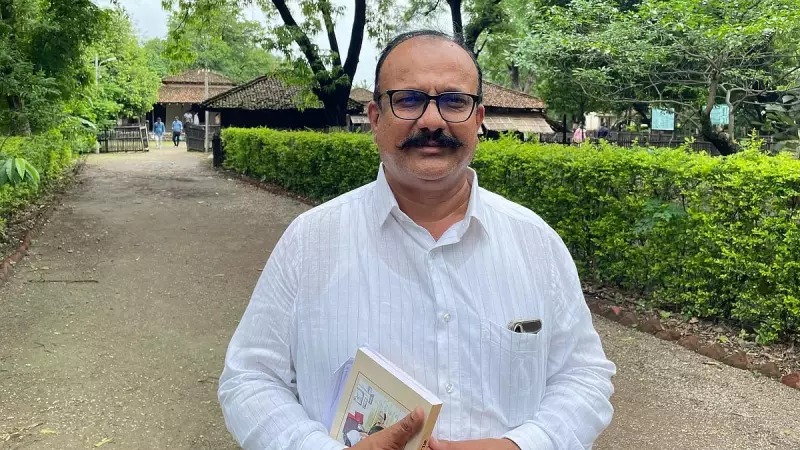
Congress Calls for Strong Election Commissioner Amid Vote-Buying Allegations
The Indian National Congress has intensified its demand for a Chief Election Commissioner with the same authority and integrity as the late T N Seshan. The party has reiterated serious allegations of what they term as 'vote-chori' or vote theft against the ruling NDA coalition in Bihar.
Allegations of Pre-Poll Financial Inducement
Congress spokesperson Mrityunjay Sapkal launched a sharp attack on the NDA government in Bihar, accusing them of distributing Rs 10,000 to women voters just before the elections. Speaking on November 15, 2025, Sapkal characterized this move as a desperate attempt to win votes after allegedly neglecting the poor population for five years.
The Congress leader dismissed the NDA's post-election narrative as completely 'baseless' and designed to divert attention from what he described as systematic electoral manipulation. The timing of the financial distribution, according to the opposition party, clearly indicates an attempt to influence voters at the last moment.
The Legacy of T N Seshan and Electoral Integrity
The reference to T N Seshan, who served as Chief Election Commissioner from 1990 to 1996, carries significant weight in Indian political discourse. During his tenure, Seshan earned widespread respect for transforming the Election Commission into a powerful, independent institution that strictly enforced the Model Code of Conduct.
Congress's demand for a CEC like Seshan underscores their concern about the need for stronger electoral oversight mechanisms in the current political climate. The party believes that only an uncompromising election commissioner can ensure free and fair elections in the country.
The allegations focus specifically on the NDA regime's activities in Bihar, where the opposition claims that the ruling coalition attempted to sway voters through financial incentives after years of alleged neglect of welfare schemes for the underprivileged.
Political Implications and Future Course
This development highlights the ongoing tensions between the ruling coalition and opposition parties regarding electoral integrity. The Congress party's strong stance indicates their determination to make electoral reforms and transparency key issues in upcoming political battles.
The reference to Seshan's legacy serves as a powerful symbol of the kind of electoral oversight the opposition believes is necessary to prevent what they call 'vote-chori' practices. As political temperatures rise, the demand for institutional integrity in the election process has taken center stage in national political discourse.
With these allegations, the Congress has signaled its intent to keep the focus on governance issues and electoral ethics in Bihar and other states where similar patterns may emerge during election seasons.





